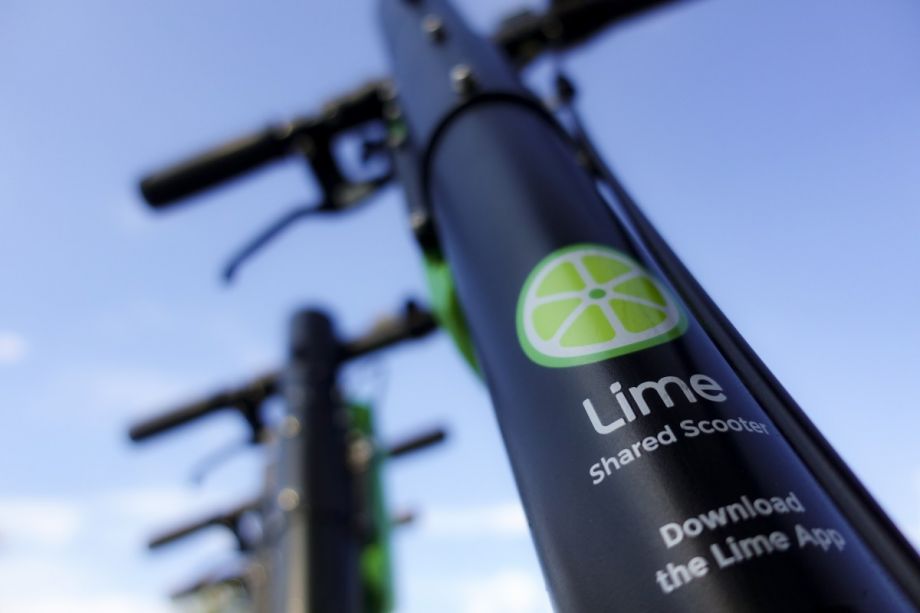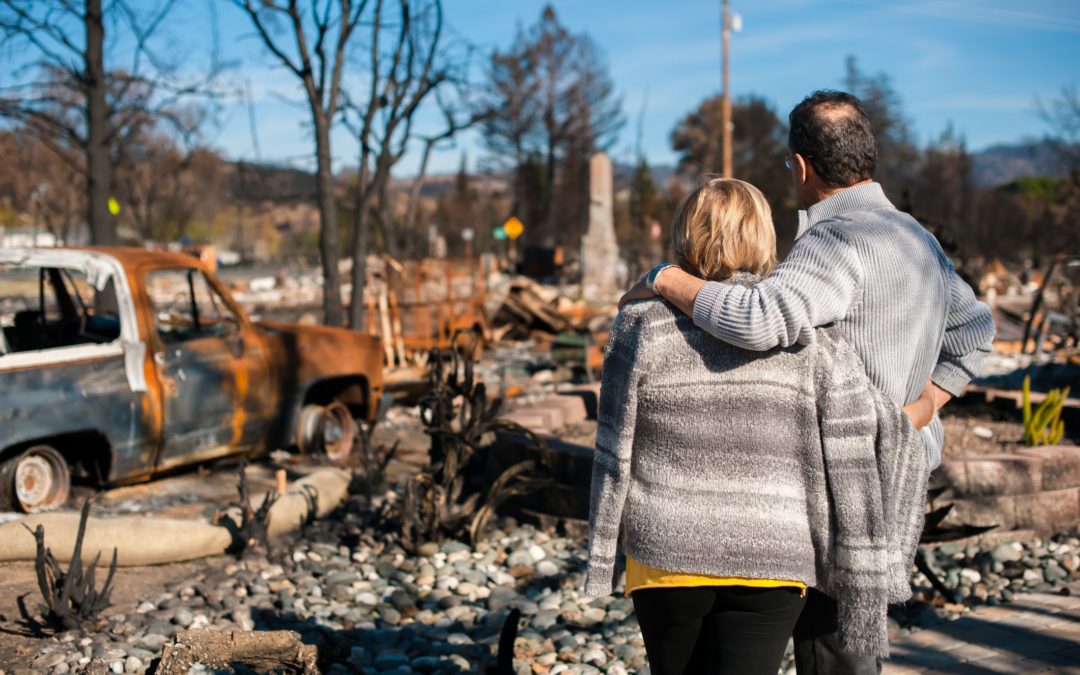
by Innovative Mobility Research | Dec 19, 2019 |
The Leading Edge Podcast December 19, 2019 Podcast host Chris Sands speaks with Innovative Mobility’s Susan Shaheen on the societal and environmental impacts of automated transportation systems. They cover transportation technology’s affect on social equity, city land uses to make way for AV and microbility, energy sources and sustainability, and some of the emerging products from different autonomous vehicle companies. Listen to the episode...

by Innovative Mobility Research | Nov 18, 2019 |
Cinnamon Janzer November 14, 2019 As practically anyone living in an urban area has experienced first hand, e-scooter companies have tended to take an “ask for forgiveness, not permission” approach to deploying fleets of e-scooters in cities across the world with little to no notice beforehand. While this disruption-based method has left many cities scrambling to reactivity figure out how to manage the chance, St. Louis was able to take a proactive approach, thanks to a failed public bikeshare program. When the bikeshare program didn’t pan out after a grant failed to come through, the city’s bikeshare working group did produce a permitting system that was ready to be applied when e-scooters descended on St. Louis in early 2018. With equity top of mind, “the permit identifies a number of neighborhoods where we require there to be a percentage of dockless bikes or e-scooters every day,” explains Scott Ogilvie, the transportation policy planner in the Planning and Urban Design Agency for the City of St. Louis. The city requires 2.5 percent of the minimum fleet of each area and a minimum of 20 percent of the total fleet to be in neighborhoods outside the central corridor at the start of each day. “We don’t want to offer a new amenity in the city that’s not available to a large portion of the city. That’s part of the permit we’re proud of,” Ogilvie says. The flexibility that comes from… Read the full article...

by Innovative Mobility Research | Oct 22, 2019 |
Mark Hamstra October 22, 2019 When it comes to marketing, Turo tries to make every dollar count. The company — sometimes referred to as the “Airbnb of car rentals” — was founded in 2009 with operations in San Francisco and Boston, and has since expanded to more than 5,000 cities across the U.S., Canada, Germany, and the U.K. It competes not only against established car rental giants such as National, Enterprise, Dollar, Avis, and Hertz, but also against similar peer-to-peer (P2P) car-sharing platforms such as Getaround. Turo offers car owners, whom it calls “hosts,” a way to earn money sharing their vehicles with renters, or “guests,” who benefit from Turo’s broad selection of vehicles and potential savings compared with traditional car rental agencies. An extensive report on the P2P car sharing industry published last year by the University of California, Berkeley, estimated that in 2017, about 2.9 million people in North America were participating in P2P car sharing across six different platforms with a combined fleet of 131,336 shared vehicles… Read the full article...

by Innovative Mobility Research | Sep 12, 2019 |
Susan Shaheen, PhD, Stephen Wong, and Adam Cohen September 12, 2019 Natural and man-made disasters and their emergency evacuations are more common than many people realize, and remain a common strategy to ensure safety. According to the U.S. Department of Homeland Security (DHS) Federal Emergency Management Agency (FEMA), the most frequent causes of evacuations in the U.S. each year are fires and floods. Due to the heavy reliance on private vehicles in the U.S., evacuations using personally owned automobiles have historically been the focus of many emergency managers. However, this can be problematic for public transit dependent and carless households who may have transportation challenges in an emergency. The critical role of evacuation planning for carless households became a serious issue during Hurricane Katrina when evacuation plans did not adequately include a process for evacuating the estimated 200,000 to 300,000 people without reliable personal transportation. However, New Orleans is not alone. Research has found that one-third of the 50 largest cities in the U.S. do not have evacuation plans, and less than half of cities with evacuation plans mention carless or vulnerable populations. Lessons learned from past experiences in emergency management include… Read the full article...

by Innovative Mobility Research | Aug 30, 2019 |
Susan Shaheen, PhD August 29, 2019 The market for personal mobility is changing rapidly due to shifting demographics and social trends, as well as technological advances such as: smartphones, information processing, and widespread data connectivity. Over the past year, we have been writing about Mobility on Demand(MOD): an innovative transportation concept evolving around connected travelers, where consumers can access mobility and goods delivery services on-demand by dispatching or using public transportation, shared mobility, courier services, urban air mobility, and other innovative and emerging technologies. MOD is based on the principle that transportation is a commodity where modes have economic values that are distinguishable in terms of cost, journey time, wait time, number of connections, convenience, and other attributes. In January 2019, the U.S. Department of Transportation (USDOT) and the Transportation Research Board (TRB) of the National Academies of Sciences, Engineering, and Medicine co-hosted a workshop on: “Mobility on Demand — A Smart, Sustainable, and Equitable Future” at the 98th Annual Meeting of the Transportation Research Board in Washington, DC. The workshop facilitated a dialogue among over 150 participants from… Read the full article...






